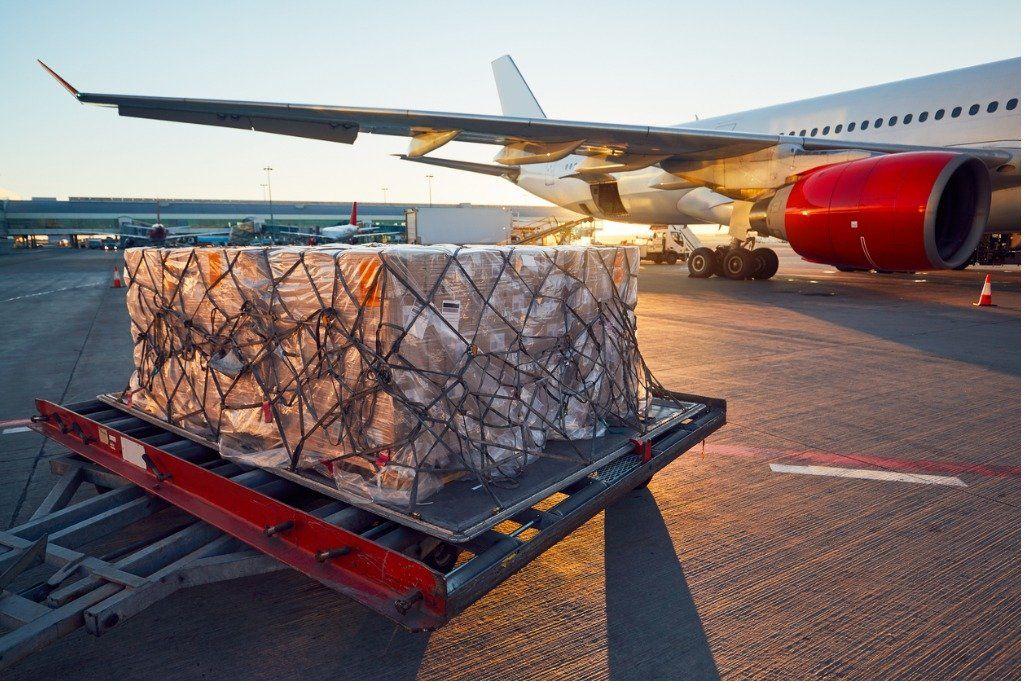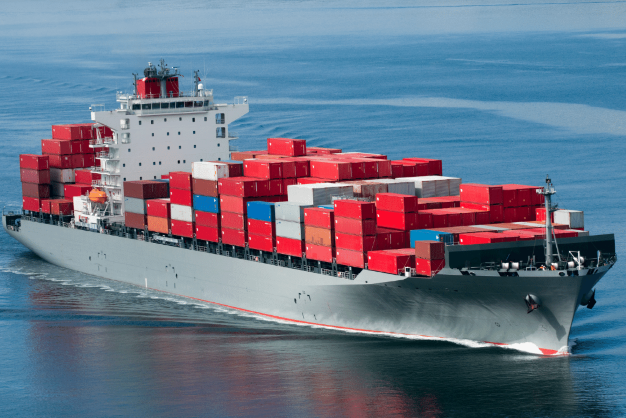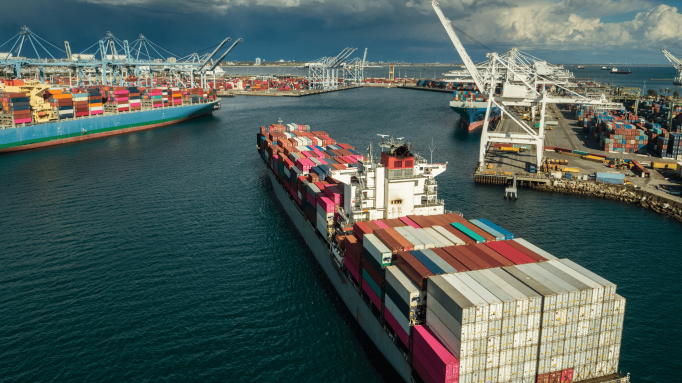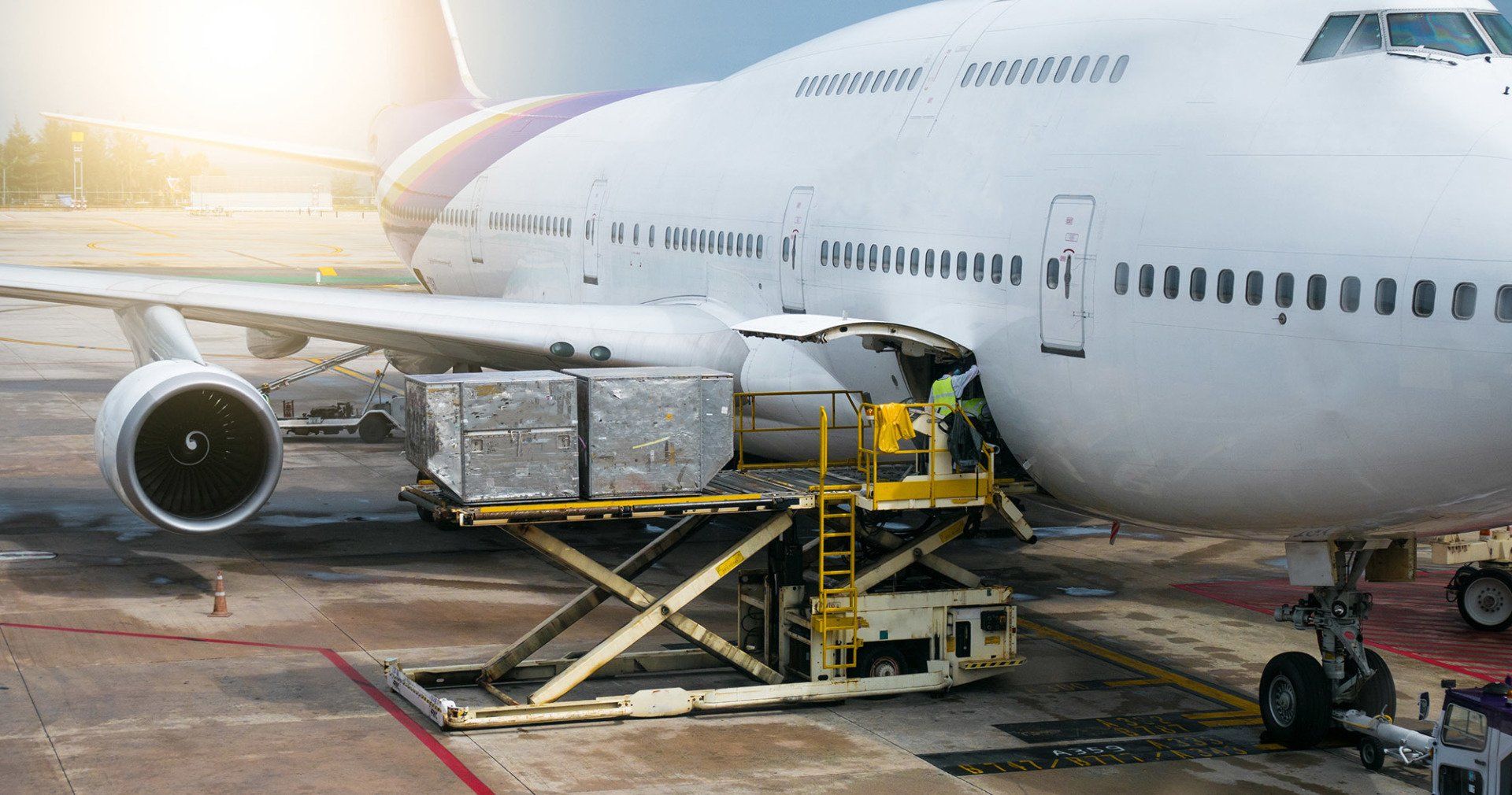
The new DPU Incoterms rule was introduced within the Incoterms 2020 on 1 January 2020. DPU Incoterms replaces the previously named Delivered at Terminal (DAT) due to both buyers and sellers requiring delivery of goods somewhere other than a terminal, such as a Transport Hub inland from the port of arrival. The ICC state that changes were made to highlight that the place of destination could be any location and not only the terminal. Some within the industry welcomed the change from DAT to DPU because the destination terminal was often confused with the customs terminal.

Selling on DDP sales terms is a workable solution for domestic transactions or with only some transactions within the European Union, but for other international trade it can be particularly problematic. Under the terms DDP, the seller is responsible for door to door delivery, the payment of import duties and any applicable taxes. Under the eleven Incoterms® Rules, DDP terms impose the maximum level of obligation on the seller.

The ICC has stated:
More accessible and easier to use, Incoterms® 2020 includes more detailed explanatory notes with enhanced graphics to illustrate the responsibilities of importers and exporters for each Incoterms® rule. The introduction to Incoterms® 2020 also includes a more detailed explanation on how to choose the most appropriate Incoterms® rule for a given transaction, or how a sales contract interacts with ancillary contracts.

The International Chamber of Commerce (ICC) has announced the preparation and publication of Incoterms® 2020. The newest edition is set to be unveiled in the second half of 2019 for entry into force on 1 January 2020. The Incoterms rules are created and published by the ICC and are normally revised every 10 years, since 1980.
Get in touch
Due to the nature of my work, it's typically easiest to complete this form and I will get back to you.






